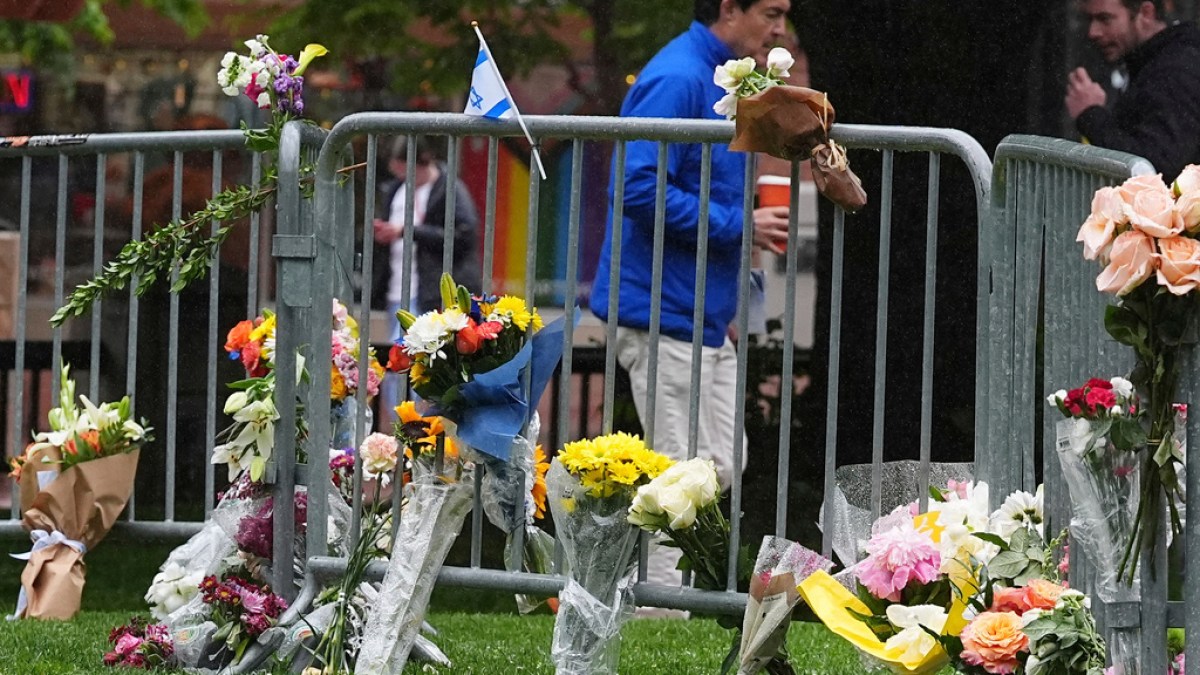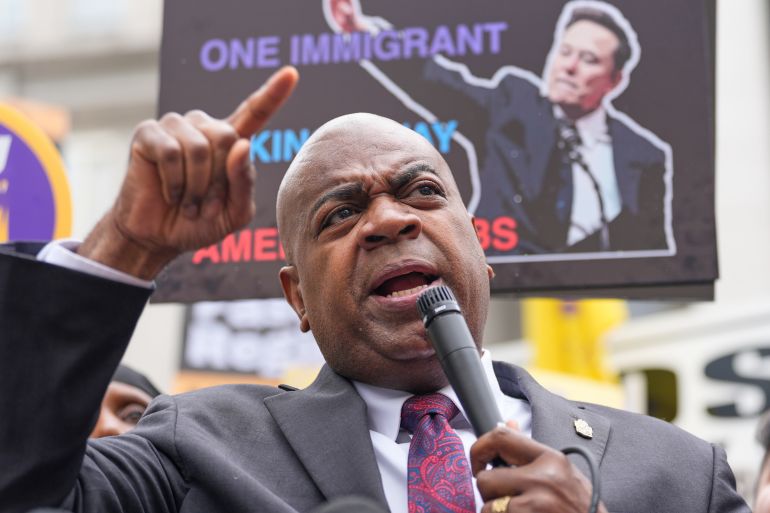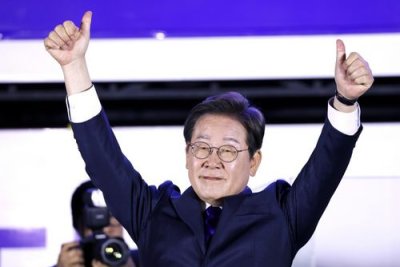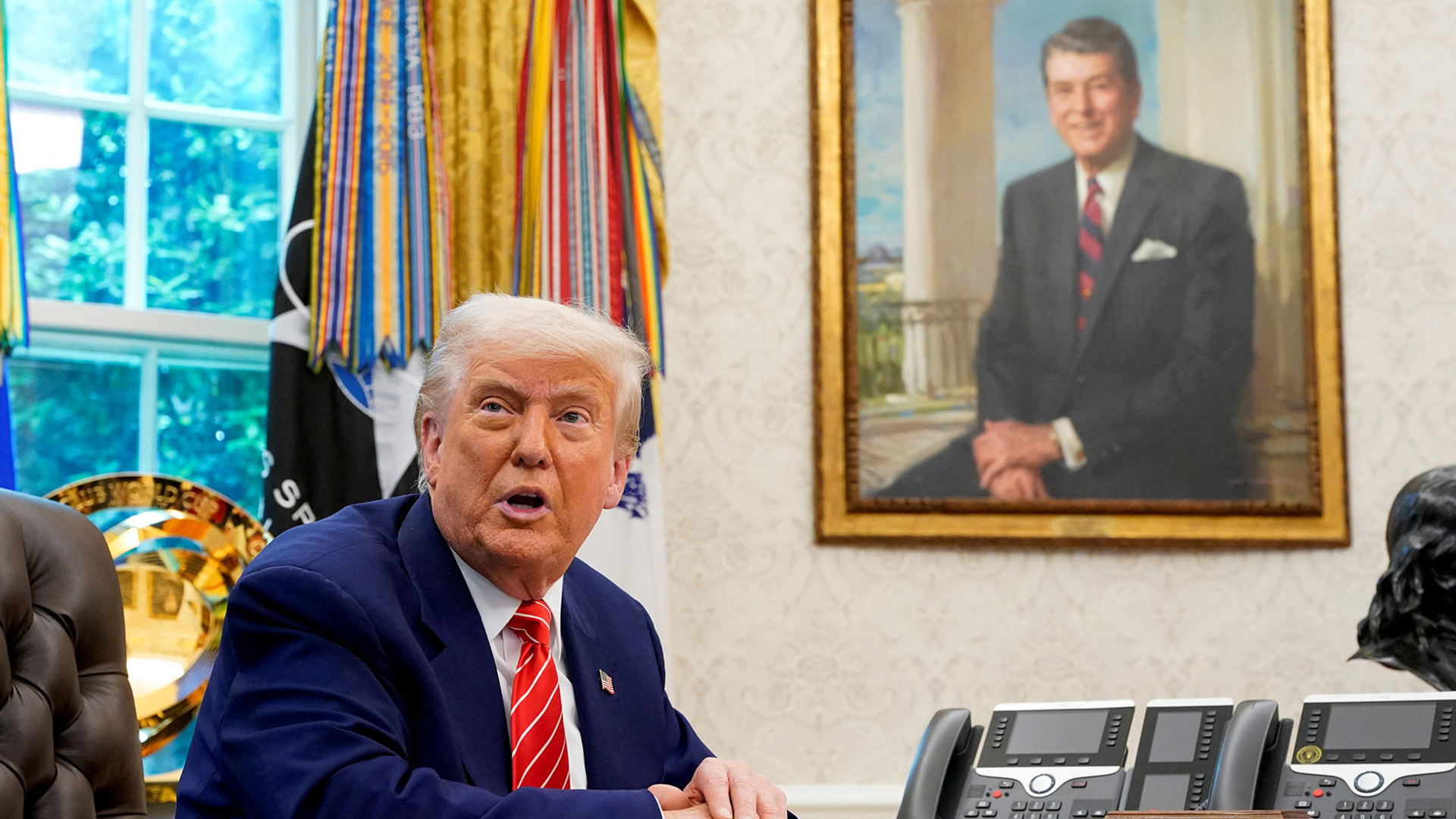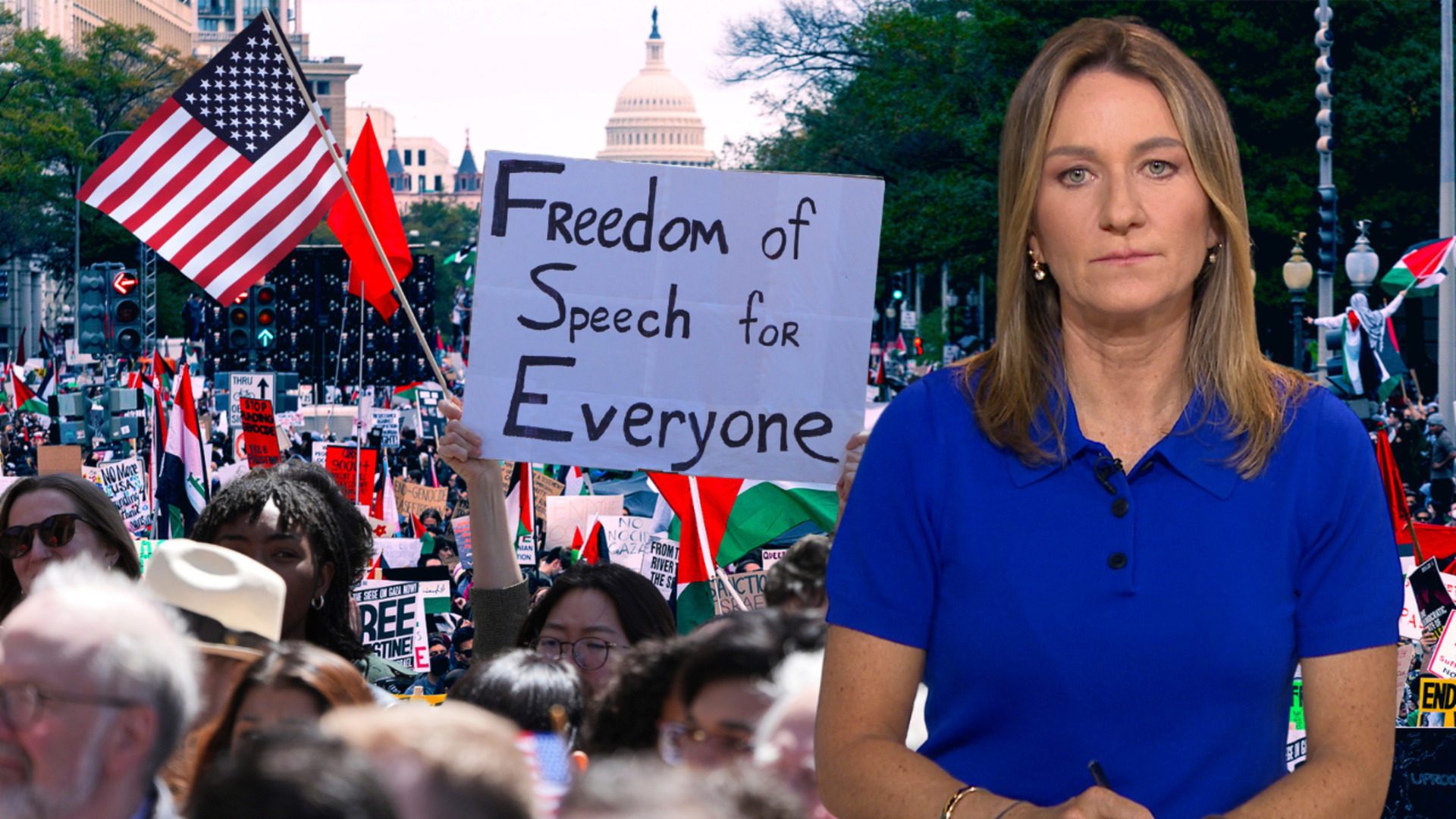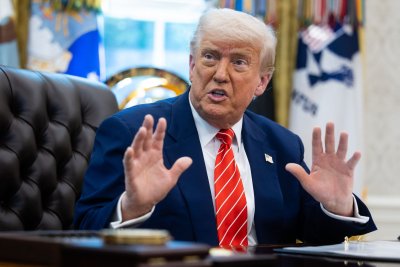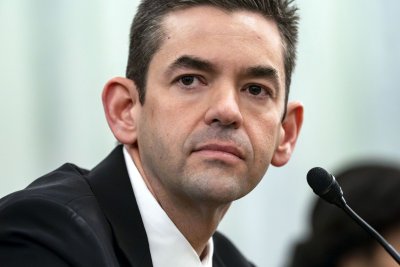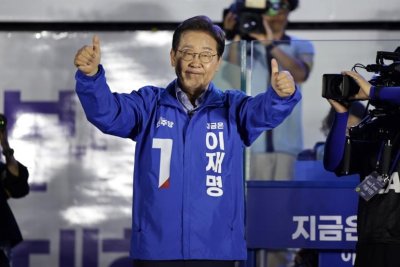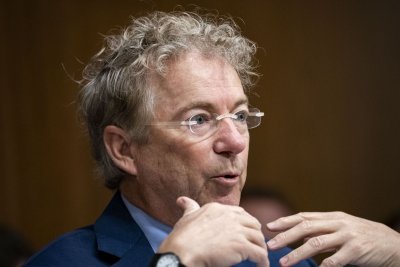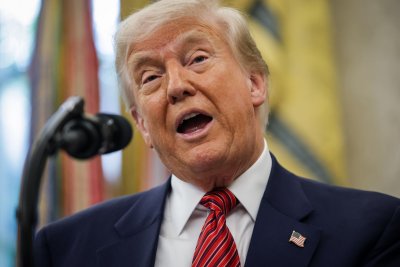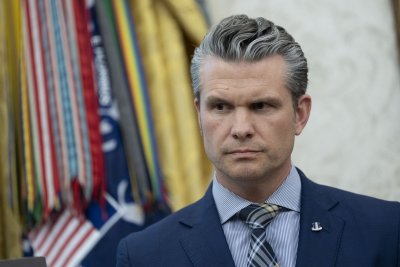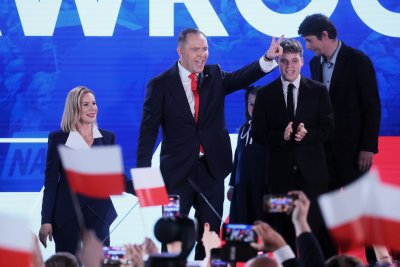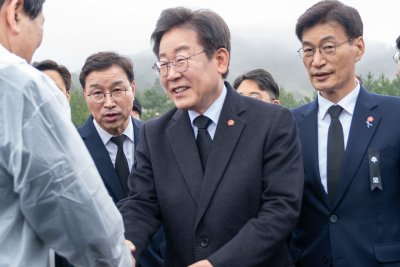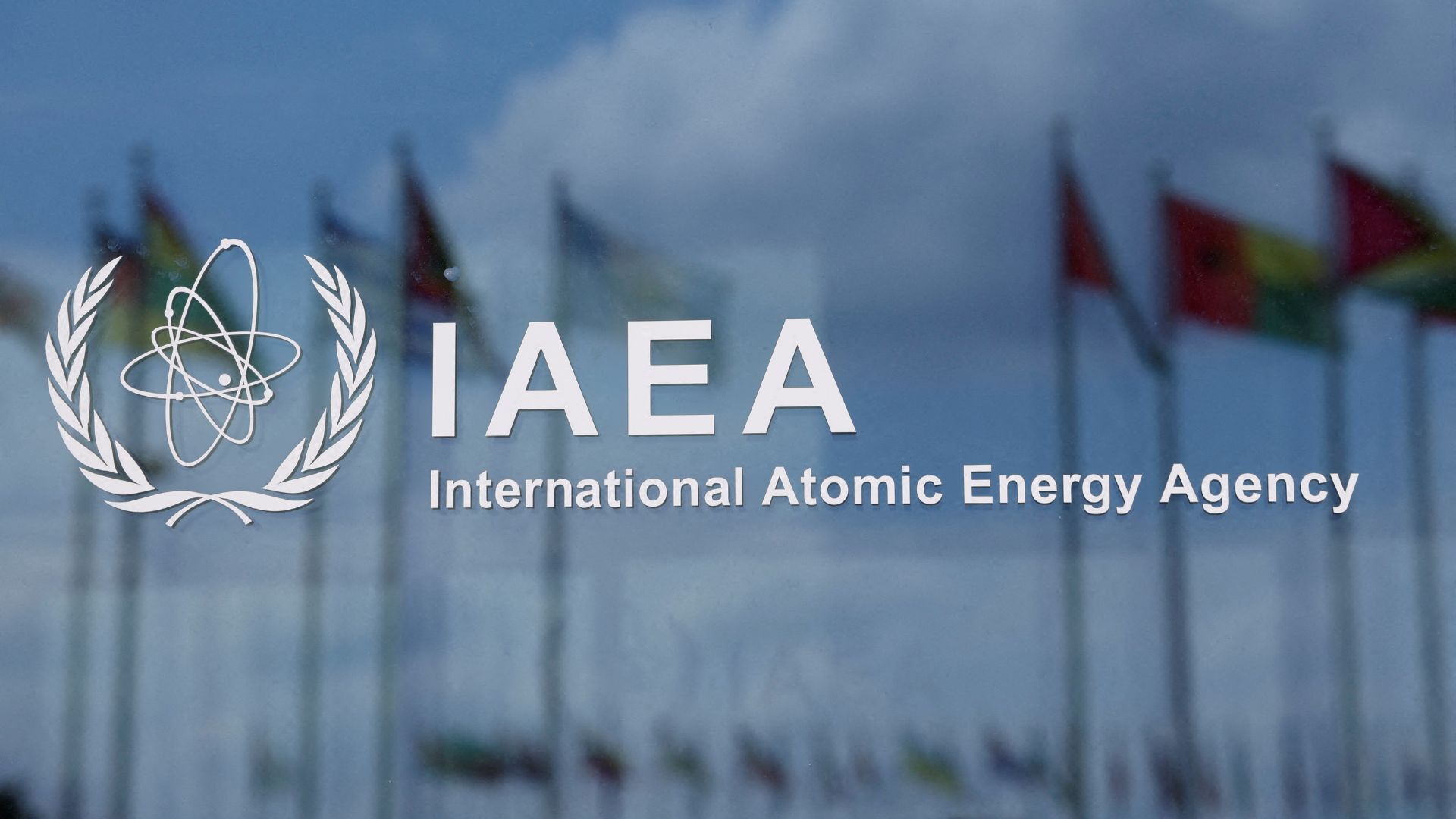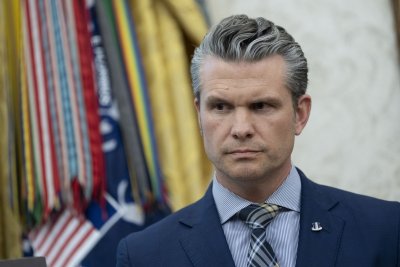Family of suspect in Colorado firebomb attack held in immigration custody | Donald Trump News
US Homeland Security Secretary Kristi Noem says authorities investigating whether family knew of planned ‘heinous attack’.
Federal officials in the United States have taken into custody the family of a man suspected of attacking a pro-Israel rally in Boulder, Colorado, over the weekend.
In a video on Tuesday, US Homeland Security Secretary Kristi Noem announced that the family of Egyptian national Mohamed Sabry Soliman had been detained by Immigration and Customs Enforcement (ICE).
“This terrorist will be prosecuted to the fullest extent of the law,” Noem said in the video. “We are investigating to what extent his family knew about this heinous attack, if they had knowledge of it, or if they provided support to it.”
Police have accused the 45-year-old Soliman of throwing Molotov cocktails into a crowd that had gathered for an event organised by Run for Their Lives, a group calling for the release of Israeli captives held in Gaza.
According to an affidavit, Soliman yelled “Free Palestine” while hurling the incendiary devices.
The firebombs injured 12 people, three of whom remain hospitalised. Police have said Soliman planned the attack for more than a year. He is facing federal hate crime charges.
“When he was interviewed about the attack, he said he wanted them all to die, he had no regrets, and he would go back and do it again,” J Bishop Grewell, Colorado’s acting US attorney, said during a news conference Monday.
Soliman said that he acted alone and that nobody else knew of his plans. But officials with the administration of US President Donald Trump said they will investigate whether his wife and five children were aware of the suspect’s intentions.
Administration officials have also highlighted the fact that Soliman, an Egyptian national, was in the US on an expired tourist visa, tying his arrest — and that of his family — to a larger push against undocumented immigration.
“The United States has zero tolerance for foreign visitors who support terrorism,” White House Press Secretary Karoline Leavitt told reporters on Tuesday.
“Under the Trump administration, aliens will only be admitted into the United States through the legal process and only if they do not bear hostile attitudes towards our citizens, our culture, our government, our institutions or, most importantly, our founding principles.”
Soliman’s family includes a wife and five children. The official White House account on the social media platform X indicated that they “could be deported by tonight”.
“Six One-Way Tickets for Mohamed’s Wife and Five Kids. Final Boarding Call Coming Soon,” Tuesday’s post read.
The attack comes amid rising tensions in the US over Israel’s continued war in Gaza, which United Nations experts and human rights groups have compared to a genocide. It also comes less than two weeks after the fatal shooting of two Israeli embassy employees outside a Jewish museum in Washington, DC.
Jewish as well as Muslim and Arab communities have reported sharp upticks in harassment and violence since the war began.
Trump and his allies have used concerns about anti-Semitism as a pretext to push hardline policies on immigration and a crackdown on pro-Palestine activists.
“This is yet another example of why we must keep our Borders SECURE, and deport Illegal, Anti-American Radicals from our Homeland,” Trump said in a social media post on Monday.
But the president and his supporters have themselves faced allegations of leaning into anti-Semitic rhetoric. And his administration’s push to expel foreign nationals has caused alarm among civil liberties groups.
The administration is currently attempting to deport several international students involved in pro-Palestine activity, including a Turkish graduate student named Rumeysa Ozturk.
Her legal team argues that Ozturk appears to have been arrested for co-signing an op-ed calling for an end to the war in Gaza. Ozturk was released from immigrant detention in May following a legal challenge, but she continues to face deportation proceedings.
